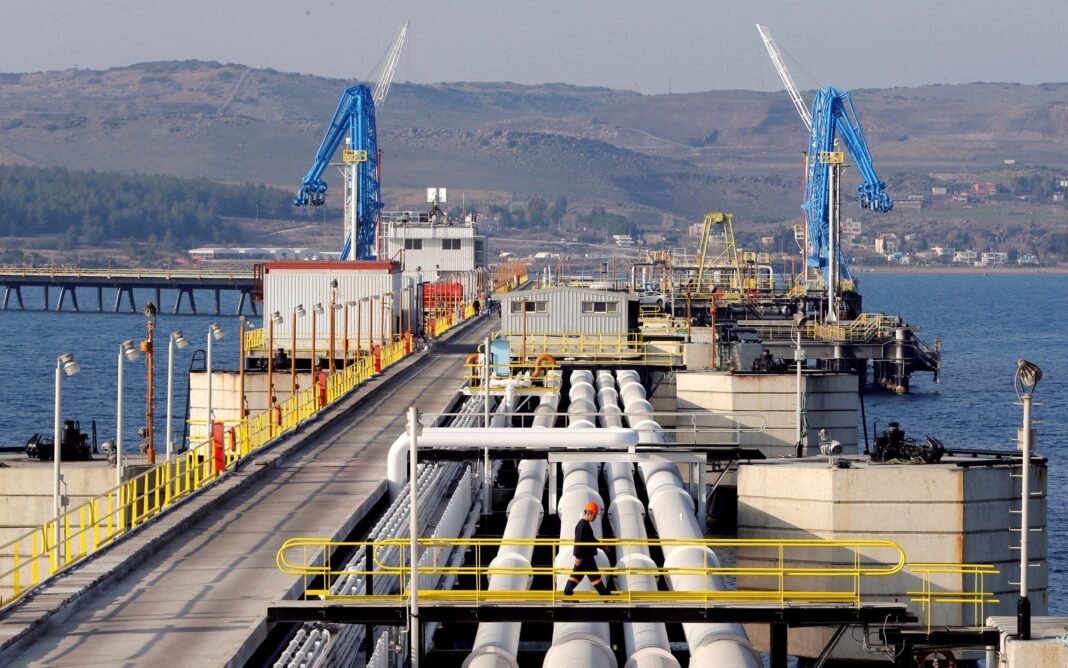The Iraq-Turkey oil pipeline agreement has triggered extensive debate over its legal, economic, and political effects. Turkey officially ended the Iraqi-Turkish Oil Pipeline Agreement (ITOPA). The decision will take effect in the future. This move surprised many, especially since the latest amendment was signed in 2010 and is valid until 2026.
The agreement termination happened as Turkey used its right under Article 11 of the amendment to end the deal. Analysts note that Ankara could have extended the agreement or proposed changes earlier. Instead, it ended the deal when regional geopolitical and economic conditions suited its interests.
From a legal view, Turkey acted within the agreement. However, observers question the political reasons, pointing to Ankara’s energy policy, regional position, and ties with the Kurdistan Regional Government (KRG). The decision followed years of low or disrupted Iraqi oil flows through the pipeline. Turkey still collected minimum transit fees and charged higher rates on KRG exports.
The agreement raises doubts about Iraq’s preparedness. Experts say Baghdad should have planned since 2014 for the possible termination in 2026. Recommendations included modernizing southern export terminals and expanding the strategic pipeline to move northern oil to the south. Progress on these projects has been slow, and recent ministry focus has shifted to smaller, less urgent projects.
Turkey’s possible post-termination actions include activating secret agreements with the KRG or allocating capacity only for KRG oil. Another option is negotiating a new deal that favors Turkish interests. Iraqi experts urge Baghdad to resist these moves, protect sovereign rights, and use international law tools. These include the Vienna Convention and the 1946 Iraq-Turkey Friendship Treaty.
Turkey also proposed expanding cooperation into gas, electricity, and petrochemicals. It suggested extending a pipeline to southern Iraq, linked to the Development Highway project. Critics argue that such proposals should be addressed in the Iraqi-Turkish Joint Committee for Economic and Technical Cooperation, which has handled bilateral issues for decades.
In conclusion, Iraq-Turkey oil pipeline agreement termination shows the urgent need for Iraq to boost southern export capacity. It also demands a strong legal and diplomatic stance. Without action, Baghdad could lose leverage in future talks.





